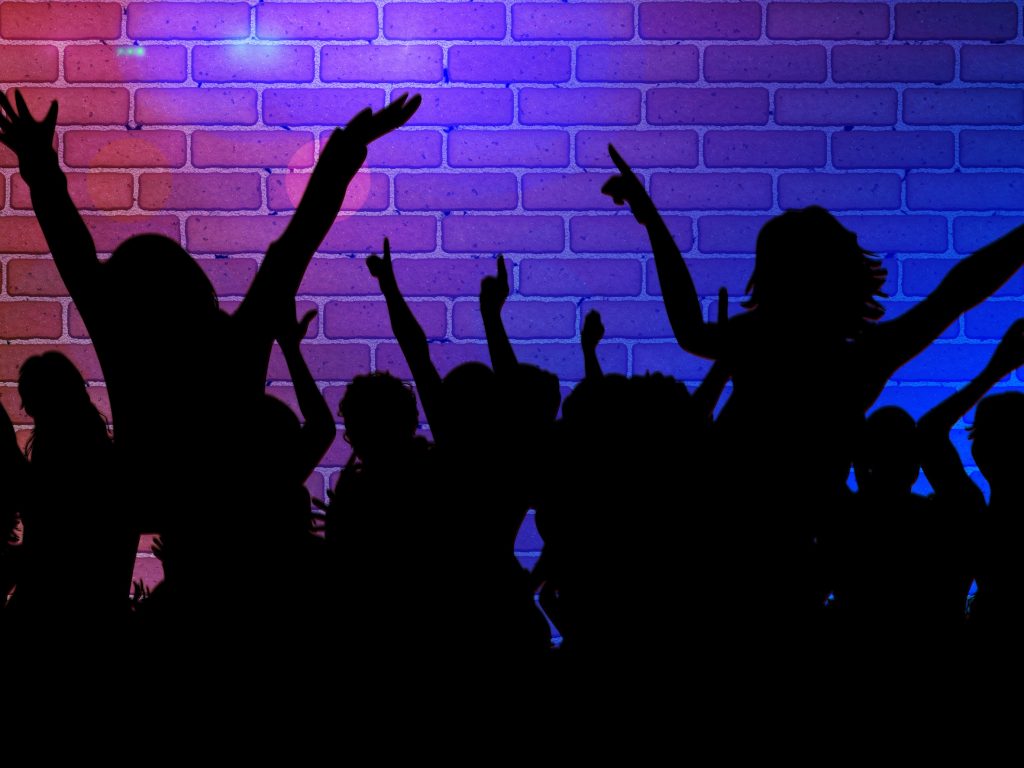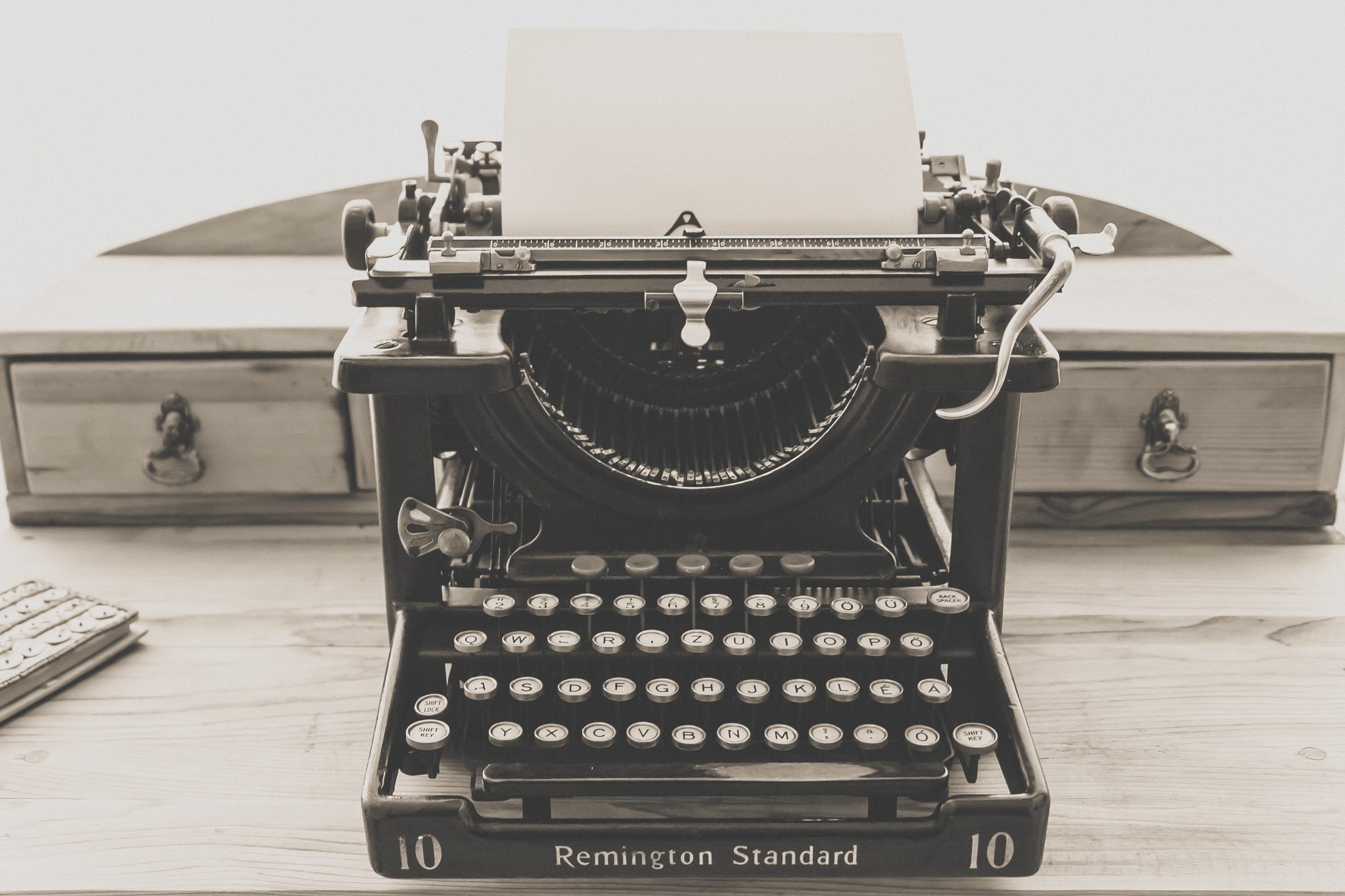I know, when popstars come to writing their second album it’s often referred to as the “difficult second album”. Who would’ve thought I’d have that problem when it came to be writing this little column for you all?
I suppose, I would like to start by saying – Thank you! I have received a lot of love on social media about it, and I think it’s done the job I wanted it to do by making people ask questions as to whether they are doing enough to help support their local communities. It’s important now, more than ever, that we continue to invest in our safe spaces and show them some appreciation. This lockdown and epidemic has been tough on everybody and we’re all bound to be anxious over what this new normal is going to be, and how we will have to adapt to a socially distant society. We all need to show a bit of love, support and understanding, and show we care.
The best thing to come out of having this column, is having a voice within the community – which, is a little strange to me, because for a long time when I moved to London, I didn’t feel like I really belonged to the community.
I really struggled to find my place.

Deep down, I knew I was gay when I was in my early teenage years, but I didn’t have a role model or any form of support to help support me. I’d never been to a gay bar before I moved to London. To this day, I can remember my first proper night out on the Gay Scene in London. I’d been in London for a couple of weeks at that point, and I was so eager to experience all the very thing I had spent my summer researching. It wasn’t even a conventional night out with my university course mates. I met a bloke on Grindr one Saturday afternoon and he’d invited me to meet him for a few drinks in Soho and he offered to show me around. He was a nice enough guy, I didn’t fancy him, and there was nothing sexual about it. He was just a few years older than me, and it was really nice to meet someone who was happy to show me around and introduce me to the scene.
It was painfully obvious to me that night that I would have a problem really fitting in with the “scene”. I knew I was different to everybody else. I knew that my size was going to hold me back. Being a fat guy, it almost labels us automatically as being unattractive and unworthy of attention. I remember being on the dance floor in Heaven that Saturday night, both having an incredible night in a space that felt safe, and yet feeling completely alone.
There were so many six-packs and chiselled bodies and then there’s me, in an oversized top from Primark and comfortable jeans, trying to hide just enough of my body that I felt comfortable. So, even from the start of my journey of self-discovery it really felt like I was fighting an uphill battle with myself. I look back now and wish at the time I made that conscious decision to make that change when I was younger. Instead, I continued to eat my feelings and I made no attempt to lose weight.
It wasn’t until my mid-twenties when I started to feel that I was letting myself down and I had to make that change, because I felt I was missing out on important life milestones because I couldn’t find happiness in a relationship.
It’s clear to me now, that the problems I had stemmed back to my childhood. I was born in 1992, into a middle-class working family, in a very conservative, stuck in the past community. I was at school towards the end of when Section 28 was still in effect and I was heavily bullied as a kid – teachers couldn’t really stop that. Sure, they could reprimand someone for calling me fat, or specky four eyes. But if someone called me a faggot or a queer, which happened quite often, they couldn’t do anything. That really hurt me, and it still does today. They knew that it was wrong, but there weren’t in a position to really combat it.
The repercussions of Section 28 put young queer kids at risk for not having a sex education that was relevant to them. They didn’t have any understanding or advice as to what a healthy relationship was the for them.
Some developed worrying behaviour that could put them in danger, such as excessive alcohol and substance abuse as well as sex with much older men, which could sometimes result in a sexually transmitted disease or a positive HIV test result. Teachers now have a duty of care over young people to educate them, and some people still feel a bit angry to this day that they weren’t supported and let down during a crucial and pivotal part in their development and education.
I guess, I kind of fall into this remit. I was never taught about same-sex relationships in school. It was brushed under the carpet. We were never exposed to that as kids so – we really didn’t understand what these relationships looked like. Our only real understanding of it was from the limited access to queer representation on television.
We were reduced to watching programmes such as Queer as Folk, which were truly ground-breaking at the time to show such explicit material, under the cover of darkness with the volumes on the lowest possible settings on the TV sets. Representation has improved over recent years, with more and more openly gay people visible on television, and more openly gay character in the mainstream media, paving the way for education for younger generations. It’s put pressures on TV Shows and the Media to show them in a positive and healthy way, to help fight the comeback following section 28.
We have come a long way since then, but we’ve got a long way to go. LGBT+ characters in mainstream television are often thought as an afterthought by creators, with producers and directors ticking through diversity checklists to make sure there is representation. We exist and we are a part of normal society – represent us as who we are. We’re not all butch lesbians and raging bitchy queens.
June is Pride Month, and for the first time since the Stonewall riots we are unable to march and celebrate Pride in the way we’ve done in the past. Even in 2020, we see people questioning Pride Month. Sadly, I’ve seen a number of comments on social media from people asking we don’t have a Straight Pride. To me it’s a ludicrous argument.
When have white heterosexual people ever been discriminated against? When was it illegal to kiss their partner in public? When were they forced from their homes into refugee camps for being straight? When were they killed for being straight? Well, we all know how that turned out when they tried that in America. They don’t have Straight Pride – but they do, however, have International Clown Week – maybe they can attend that?
The British based charity, Stonewall, posted some statistics online in early 2020 stating which I found to be staggering and pretty upsetting. Stonewall posted statistics stating that; 26% of lesbian, gay or bisexual people alter their behaviour to hide their sexual orientation in order to avoid becoming the victim of a hate crime. 48% of trans people under the age of 26 said that they had attempted suicide, and 30% of those had done so. A staggering 59% said that they had considered doing so, and finally – a quarter of the world’s population believes that being LGBT should be a crime – and although we’ve come a long way in sixty years – shows that there is a long way still to go in our fight.
For me, the future starts with education.

Relationships are something that should be taught in schools, and children have a right to understand that same-sex relationships are a perfectly normal thing. It should be taught that it’s normal to have two mummies or two daddies. Having an LGBT-inclusive education ensures that those with LGBT families see themselves reflected in what they learn. It also will encourage all young people to grow with inclusive and accepting attitudes. It will also teach them about what a safe and healthy relationships look like and how to have them. Better reflecting the world in which we live in, and subsequently covering important issues like consent and online safety.
Having this understanding from a younger age, can only help to stamp out homophobia. It’s not going to be a cure, but I hope it goes a long way.
There has been no evidence, that I have been able to find, to suggest that predators have used the provisions of the Equality Act 2010
To further our movement, we have to continue to call out bigotry, homophobia and hypocrisy when we see it. A Tory MP posted a message on social media to celebrate Pride Month – immediately, its hypocrisy was called out. If there is one thing in this world, I cannot stand is a double standard. You cannot show messages of support for our community, when your government is actively looking to roll back Trans rights by scrapping a review of the Gender Recognition Act. It just doesn’t work that way! Trans people have been using toilets, or trying on clothes in changing rooms, accessing domestic violence support, and getting on with their lives as for as long as single-sex spaces have existed.
There has been no evidence, that I have been able to find, to suggest that predators have used the provisions of the Equality Act 2010 to gain access to women’s spaces. If there was, then it would be shouted from the rooftops by anti-transgender lobbies.
Trans men are men, Trans women are women. The same government promised to ban Gay Conversion therapy two years ago – and yet we’re still waiting.
So, whilst I’ve got this voice, I am going to use it as a platform to help forward our movement in any way that I can. We’re also going to keep it light and entertaining. You’ll get to hear some of my crazy overseas stories, find out what makes me tick and what rubs me up the wrong way.
I want to give you an honest reflection of my life – share some of my experiences and tell you more about my disastrous attempts at finding love. I hope you enjoy the journey!
Opinions expressed in this article may not reflect those of THEGAYUK, its management or editorial teams. If you'd like to comment or write a comment, opinion or blog piece, please click here.



